

We may earn revenue from the products available on this page and participate in affiliate programs. Learn More ›
Cooking Oils

Any chef knows that cooking oils are among the most important ingredients in the kitchen. But pantry staples like canola and olive oil have a pretty short shelf life, lasting only about three to six months on the counter before turning rancid. If you don’t fry or sauté too often, stick with smaller bottles of oil to avoid frying your wallet.
Related: 10 Unexpected Things to Put in Your Freezer—And Why
Eggs

Buying a 36-pack of eggs at a big-box store is usually not cheaper per egg than buying a dozen at a regular supermarket. And because eggs go bad in just three to five weeks, you don’t want to buy more than you plan on cracking open in a month.
Bleach
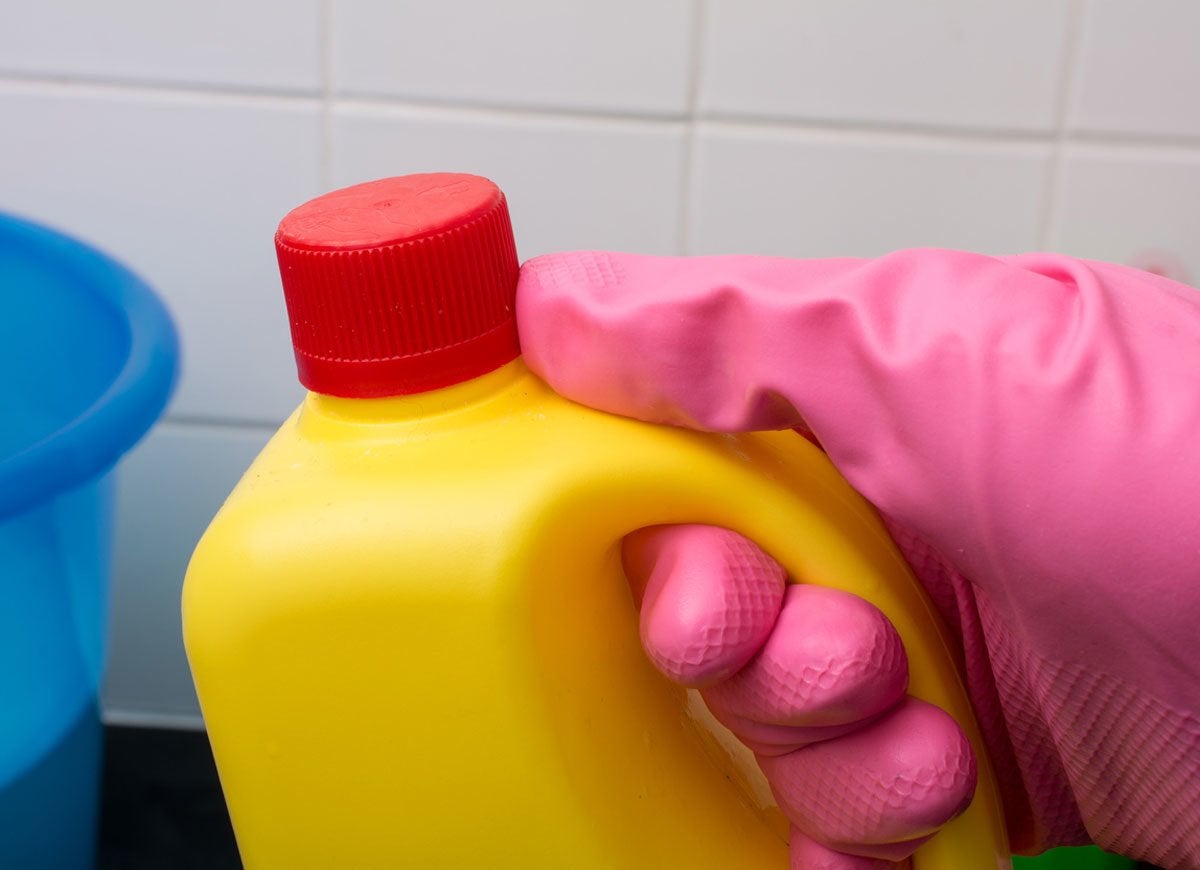
Bleach is an essential household cleaning product that you might assume never expires. But the active ingredient in bleach breaks down over time (or when exposed to temperature changes), weakening the solution. Bleach will typically be most effective for the first six to nine months after opening, so it is best not to buy too much at a time.
Coffee

Enjoying a good cup of joe is a cherished morning ritual, so why would you want anything less than the freshest beans you can buy? Coffee beans are at their tastiest within two weeks of roasting, so skip the bulk bag and opt for smaller servings that were packaged closer to their roasting date.
Related: 10 Things a Coffee Maker Can Do—Besides Brew Coffee
Spices
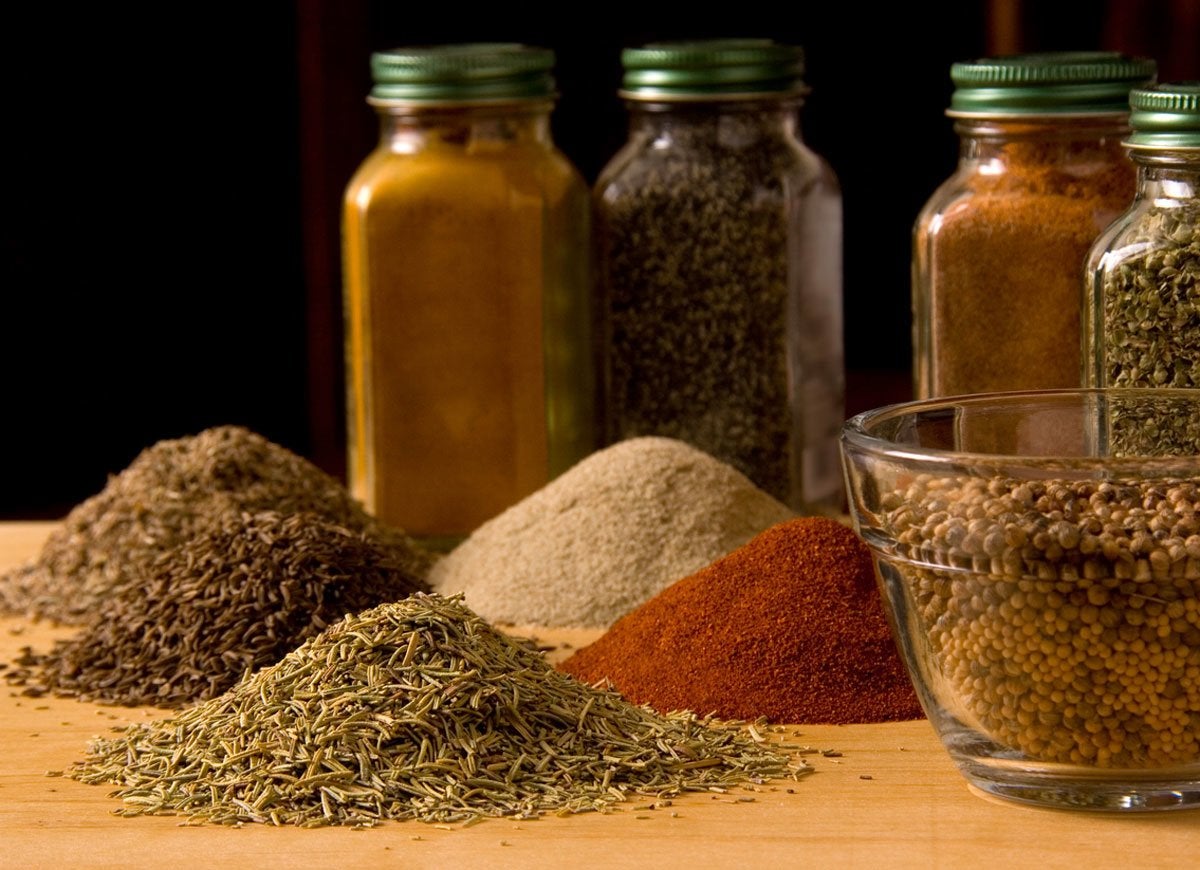
Dried spices don’t exactly spoil, but they will get stale and lose flavor over time. Ground spices will stay fresh for about six months, while whole spices can last a little longer. To ensure tasty freshness, forgo buying that bulk cinnamon and choose smaller containers that you know you can use up, or at least won’t need to spend a king’s ransom to replace.
Ketchup
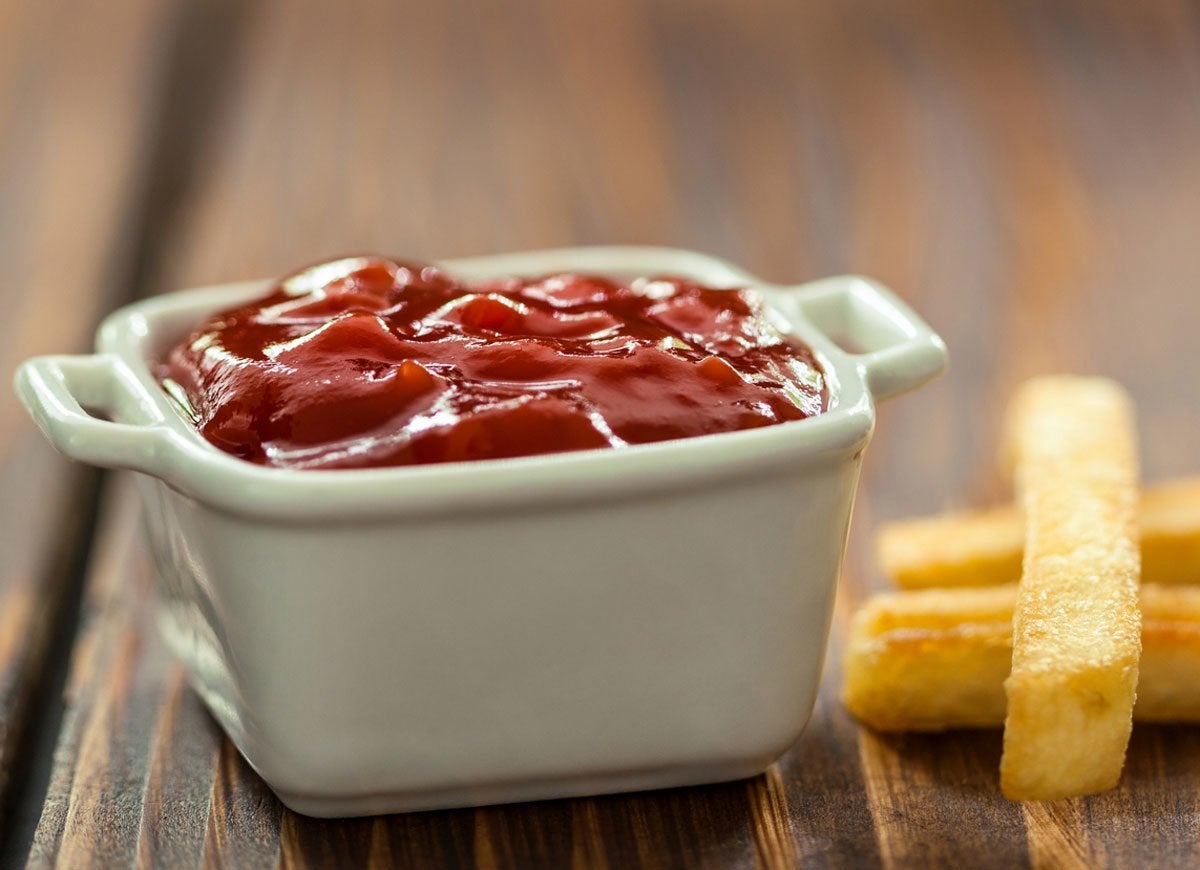
While ketchup and many other condiments have preservatives that guarantee a long shelf life, once a bottle is opened it shouldn’t stay shoved in the back of the fridge for more than six months. Skip the oversize bottles and watch for seasonal sales around summer holidays like Memorial Day and the Fourth of July.
Sunscreen

Stocking up on extra-large bottles of sunscreen can burn more than just your wallet. Sunscreen loses effectiveness over time, especially when the bottle is left baking under the hot sun on the beach. When it comes to sun protection, don’t sweat buying a fresh bottle each summer.
Related: 21 Money-Saving Tricks That Every Homeowner Needs to Know
Brown Rice
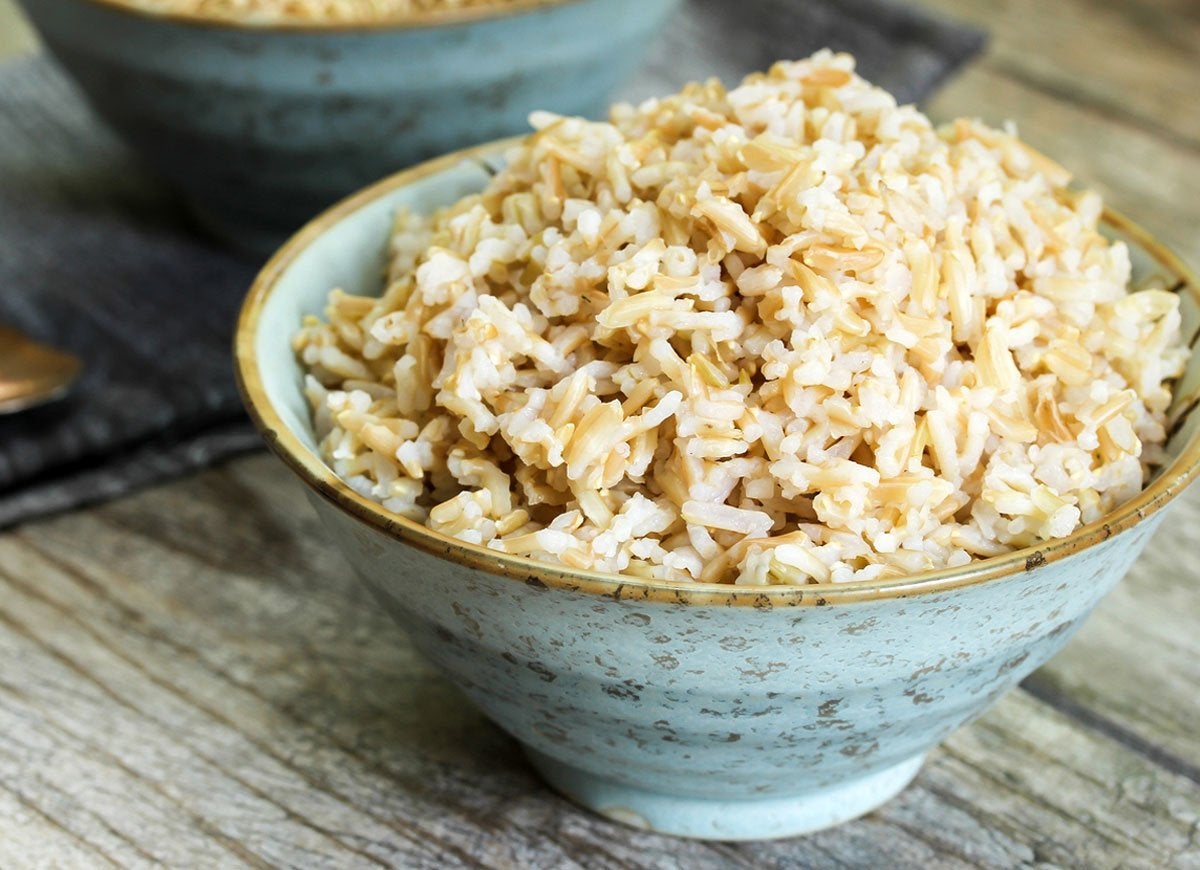
Unlike white rice, which has a nearly indefinite shelf life, brown rice is high in oil, which makes it prone to spoiling in as few as six months. It’s best to buy only as much as you will cook, and be sure to store brown rice in an airtight container kept in a cool, dry place.
Related: 17 Pantry Foods That Never Expire
Pain Killers

Over-the-counter medicines like ibuprofen can be expensive, but it is doubtful that even a large family could finish off a bulk bottle of pills before the expiration date, which is usually a year or two after the manufacture date. Stick to more modestly sized bottles and generic brands to reduce the pain on your wallet.
Baked Goods
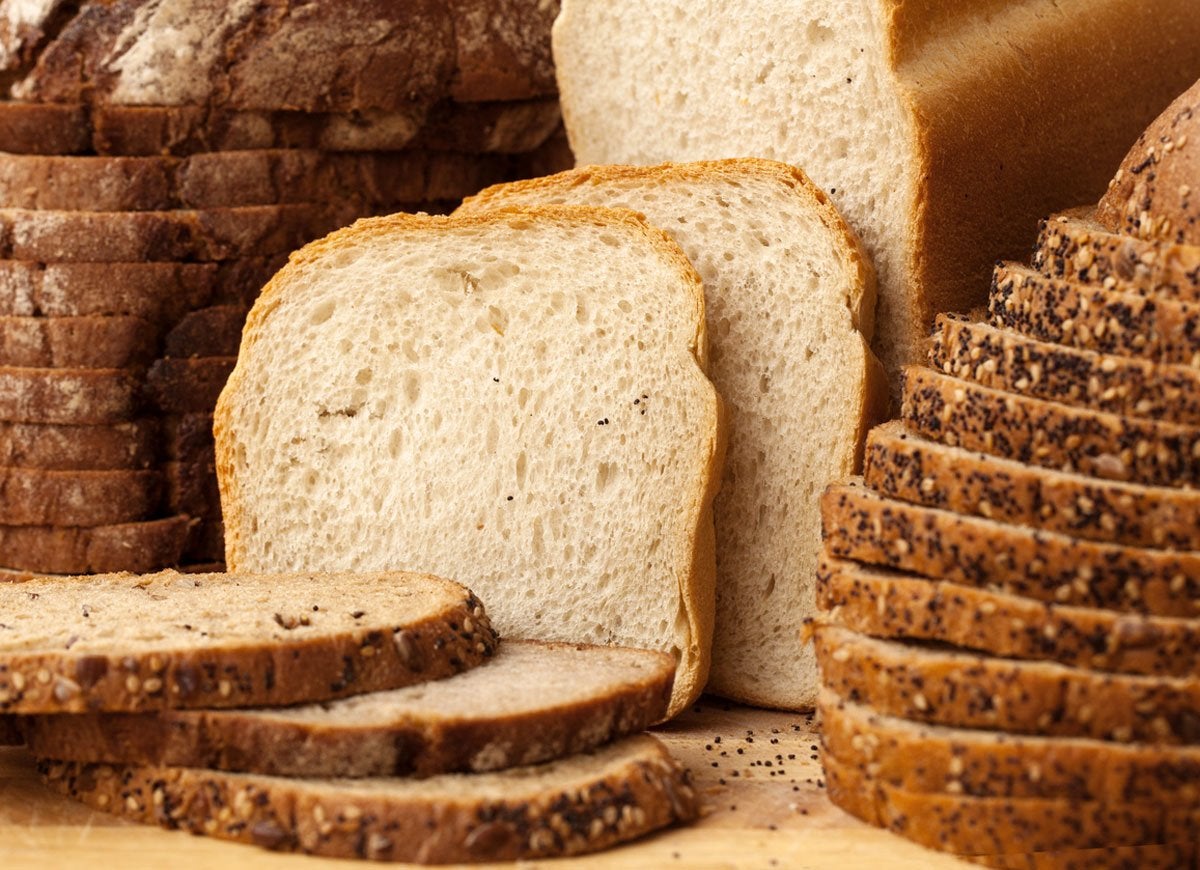
Unless you are making enough sandwiches to feed a whole soccer team, it doesn’t make sense to buy bakery products like loaves of bread in bulk. No one likes a moldy PB&J!
Related: Would Your Kitchen Pass a Restaurant Health Inspection?
Beer
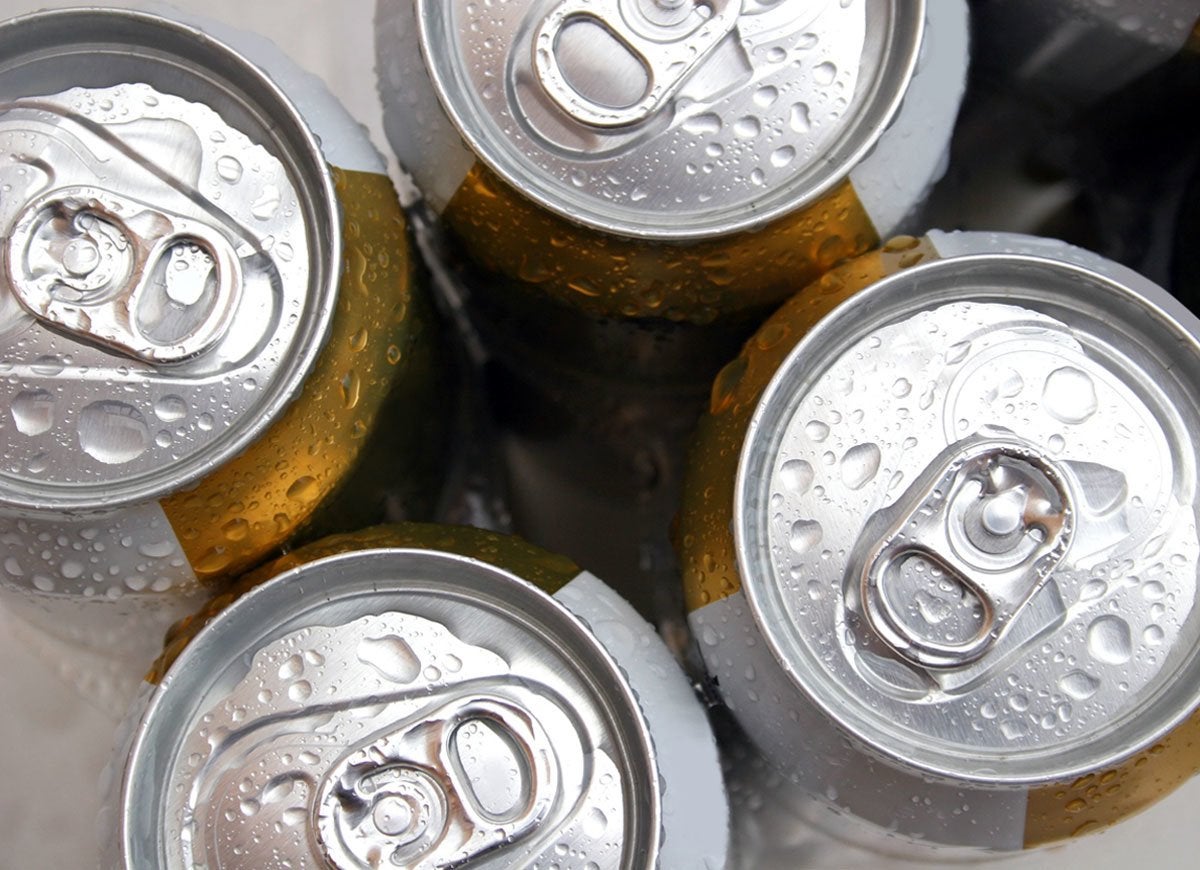
Beer usually has a shelf life of only four months to a year, especially if stored at room temperature. So, unless you’re stocking up for a big weekend party, stick to cold six-packs for your everyday alcohol needs. Cheers!
Detergent
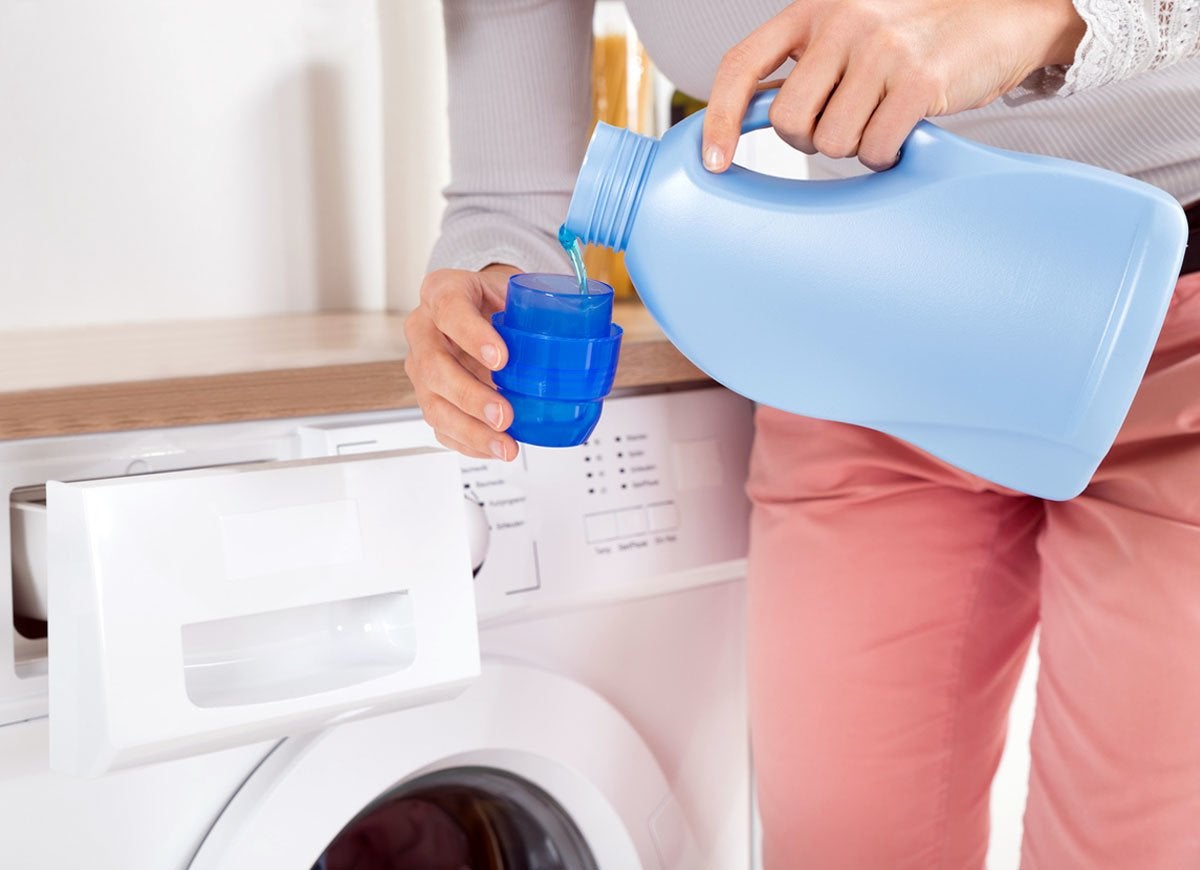
Both liquid and powder laundry detergent can start to lose their potency after a few months on the shelf. In order to maximize the cleaning power of your detergent, buy only as much as you will use in six months. Similarly, dishwasher detergent has a shelf life of just three months.
Makeup Multipacks
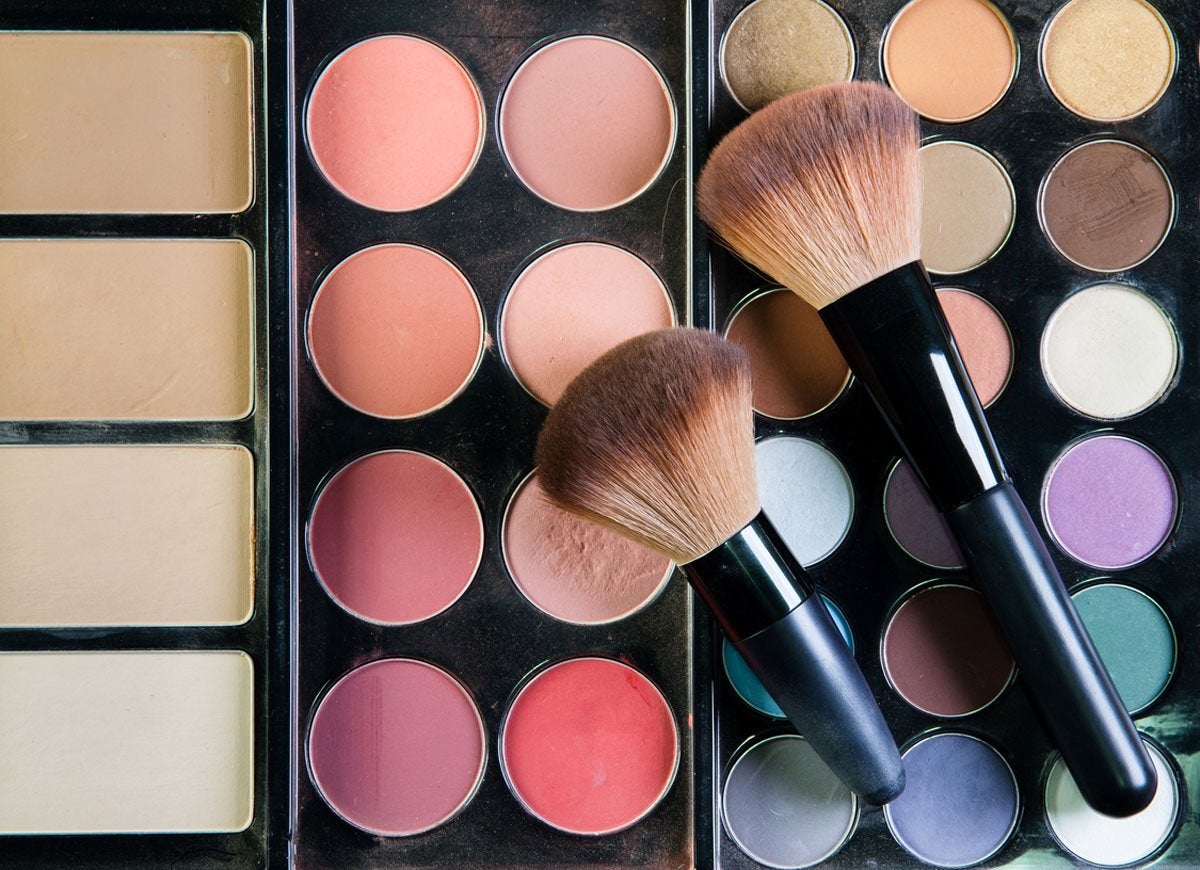
Buying multipacks of your favorite beauty products may seem like a no-brainer, but it is important to keep an eye on the expiration dates of products like mascara and liquid eyeliner. To look your best and keep your peepers healthy, avoid putting expired products on your skin, especially around your eyes.
Related: How to Get Your Bathroom Guest-Ready in 20 Minutes or Less
Diapers
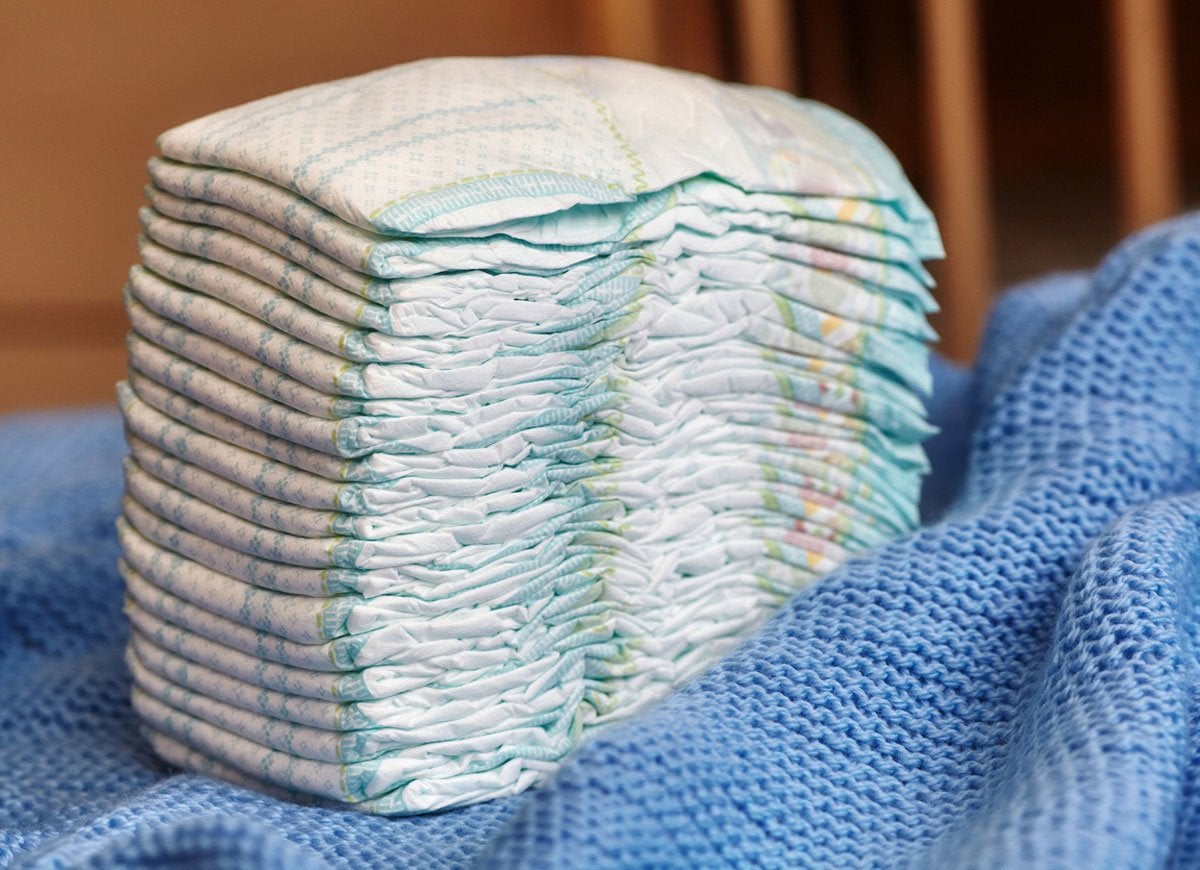
No parent wants to be scrambling to get to the store the minute the diapers run out, so it can be tempting to buy in bulk. But babies grow so fast that it is risky to buy too many of any one size or style of diaper. Resist stocking up weeks in advance, and leave a little room for growth.
Buy This, Not That
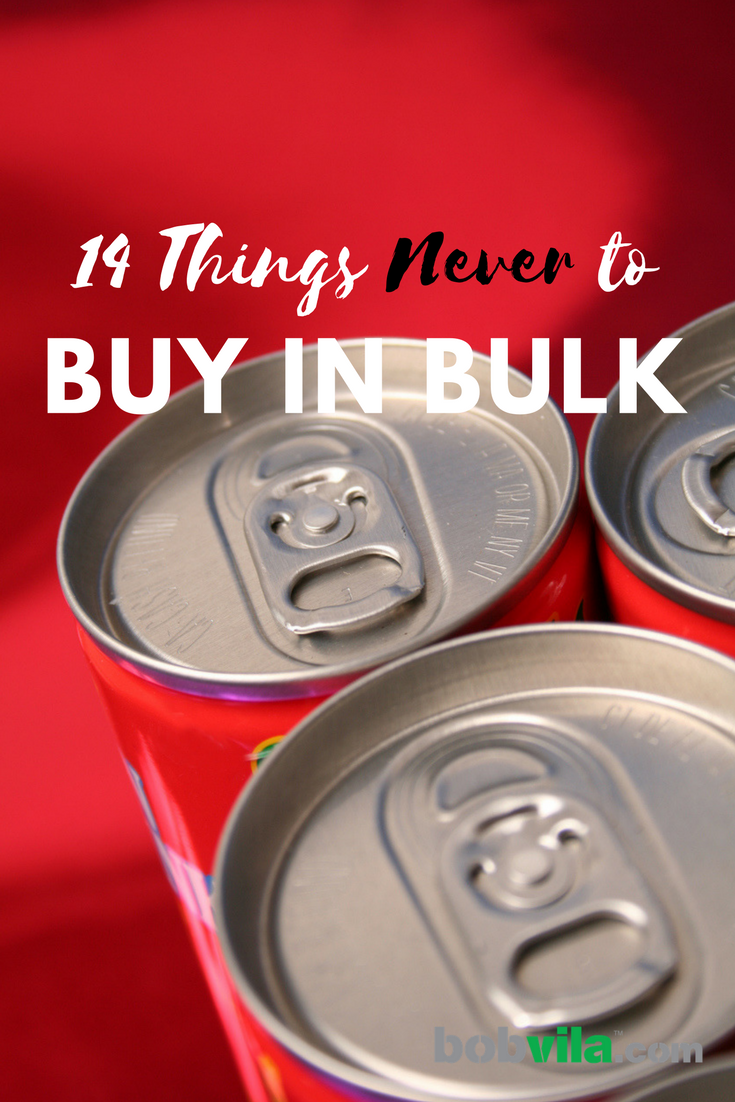
A good shopper can spot the difference between a good and bad deal. Just because something is cheap, doesn’t mean it’s worth buying. Become a savvy spender by knowing when the best sales happen during the year and where you can find the greatest discounts.

Our Favorite Prime Day Deals Are Sure to Sell Out
Prime Day runs July 8 through 11, and Amazon (and many more retailers) have released hundreds of exciting seasonal deals. Check out our favorite products in the sales, from power tools and outdoor equipment to robot vacuums and power stations.